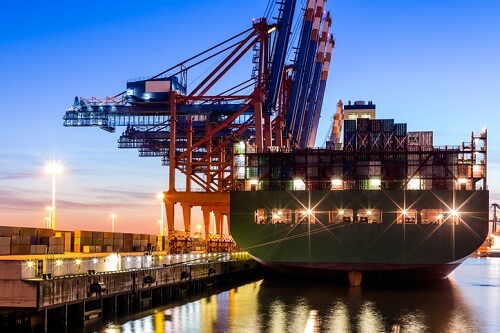

ABS, the American Club, and Lamar University are calling for more comprehensive reporting requirements for injury and near-miss reporting in order to advance the cause of safety at sea. The call follows an industry-wide study that analysed more than 12,000 injury records with a financial cost of US$246 million and 100,000 near-miss reports from the ABS and Lamar Mariner Safety Research Initiative (MSRI) and nearly a decade of data from the American Club.
Inconsistent data and a lack of comprehensiveness have led the American Club, ABS and Lamar to adopt a new standard for maritime injury reporting.
“Nothing is more important to ABS than the safety of the men and women working at sea,” said Christopher J. Wiernicki, chairman, president and CEO of ABS. “This project offers a deeper insight into how and where seafarers are being injured and also highlights what the industry can do to take our understanding of safety to the next level.”
According to the study, injuries sustained while lifting or in slips, trips and falls are the most common incidents at sea, with more than 1,300 incidents recorded in the report. These incidents cost more than US$85 million over the six-year period studied, according to the American Club. The average cost per incident was more than US$65,000. Lifting accidents averaged US$48,000, falls and trips averaged US$88,000, and slips averaged US$56,000. The two most costly bodily locations for injuries were the head and neck, averaging more than US$100,000 per incident, followed by the back and torso at US$66,000.
“Shipping is currently navigating through a digital era in which asset owners are increasingly able to use the power of operational data to predict potential failures,” said Joseph Hughes, chairman and CEO of the Shipowners Claims Bureau. “As those capabilities grow, the industry would be well counselled to also get smarter about how it compiles and uses its safety data.”
